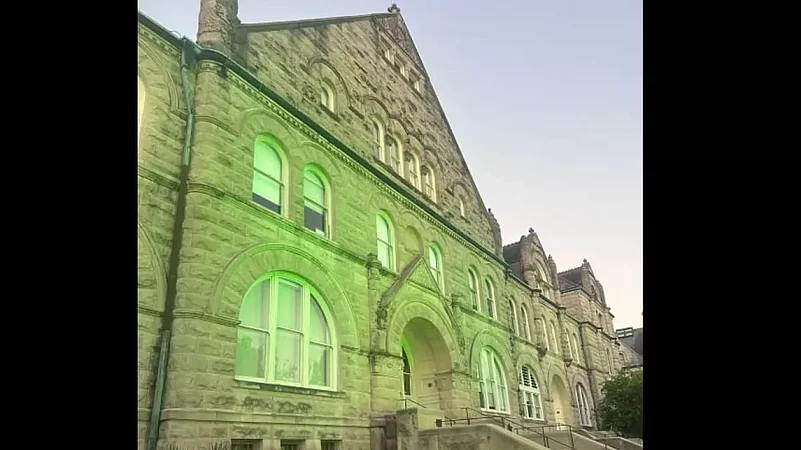In the aftermath of last month's Hamas invasion of Israel, campuses across the United States are grappling with escalating tensions, leading to incidents of violence and challenging the sense of safety that universities traditionally provide for open discourse.
At Tulane University, known for its significant Jewish student population, a Jewish student, Eden Roth, expressed a shift in the campus atmosphere. Graffiti featuring the pro-Palestinian slogan "from the river to the sea" appeared on campus, and clashes during demonstrations resulted in arrests and injuries, including a broken nose for a Jewish student.
Similar challenges are reported on other campuses, such as Cornell, where a student is accused of online threats against Jewish students, and the University of Massachusetts, where a student was arrested for assaulting a Jewish student at a demonstration. At Stanford, an incident involving a car hitting an Arab Muslim student is being investigated as a potential hate crime.
Tulane University, with 43 percent of its students identifying as Jewish, faces a particularly complex situation. The diverse range of perspectives on the Middle East conflict within the Jewish student community reflects the broader national discourse.
Colleges nationwide are struggling to strike a balance between fostering intellectual debate and maintaining a safe environment. Jonathan Fansmith, a senior vice president for the American Council on Education, acknowledges the difficulty, stating, "Finding that line is very, very difficult."
Tulane's president, Michael Fitts, has implemented increased security measures on campus. However, he faces criticism from both sides for what some perceive as a neutral stance. Islam Elrabieey, a visiting scholar at Tulane, emphasizes the need for balanced condemnation, stating, "To condemn Hamas is a good thing, but at the same time, if you didn't condemn Israel for committing war crimes, this is a double standard."


























